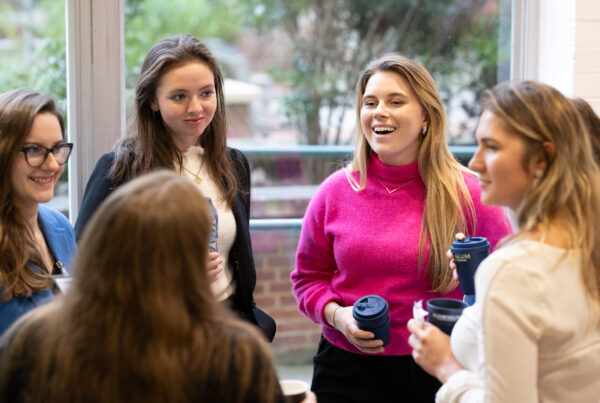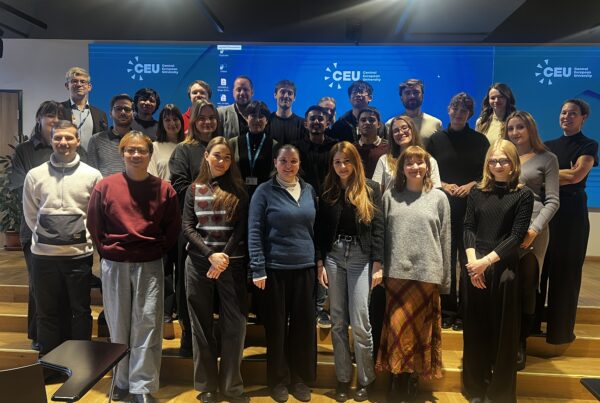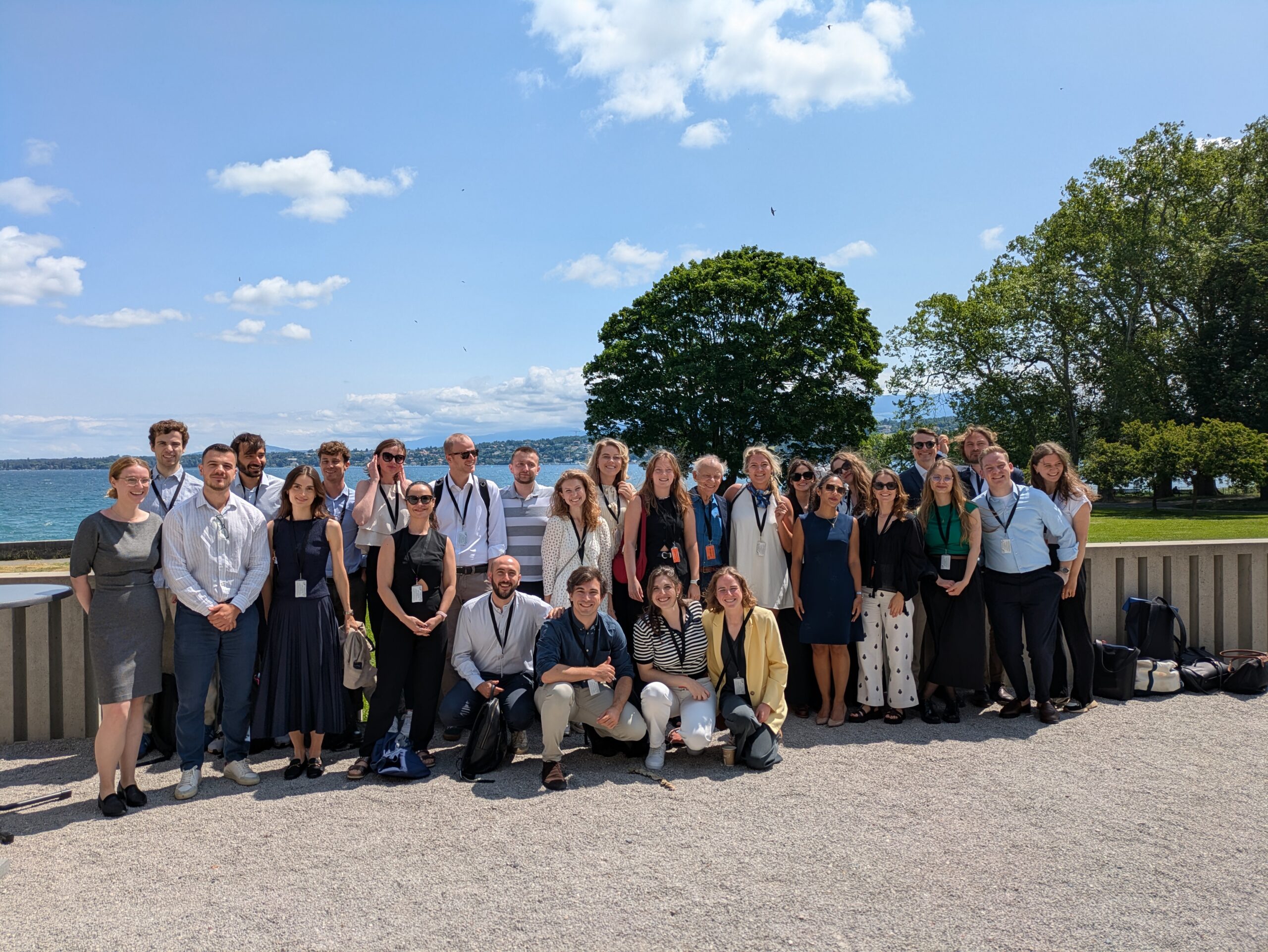
Scholars Programme Module 6:
Global Governance and the Transatlantic Connection
Graduate Institute for International and Development Studies | 16-19 June 2025
In a world where Transatlantic relations are dominating the news and having a tangible impact on multilateral institutions, what role is there for Europe, and how should the EU and the multilateral institutions respond to recent developments? These questions were at the heart of our module at the Graduate Institute of International and Development Studies in Geneva in mid-June. They heard, for instance, about recent changes in the European security landscape in response to Trump 2.0 and some scenarios that are likely to play out in the near future.
The Scholars visited the World Trade Organization, where János Volkai put recent disputes in a longer-term context by discussing the ongoing challenges regarding dispute resolution, and the Multi-Party Interim Appeal Arbitration Arrangement that was developed a few years ago. Daniel Ramos then outlined recent successful initiatives at the WTO on trade and the environment that seek to use trade as a means of increasing sustainability. We ended our visit with a tour of the building and a chance to see some of the WTO’s interesting art collection.
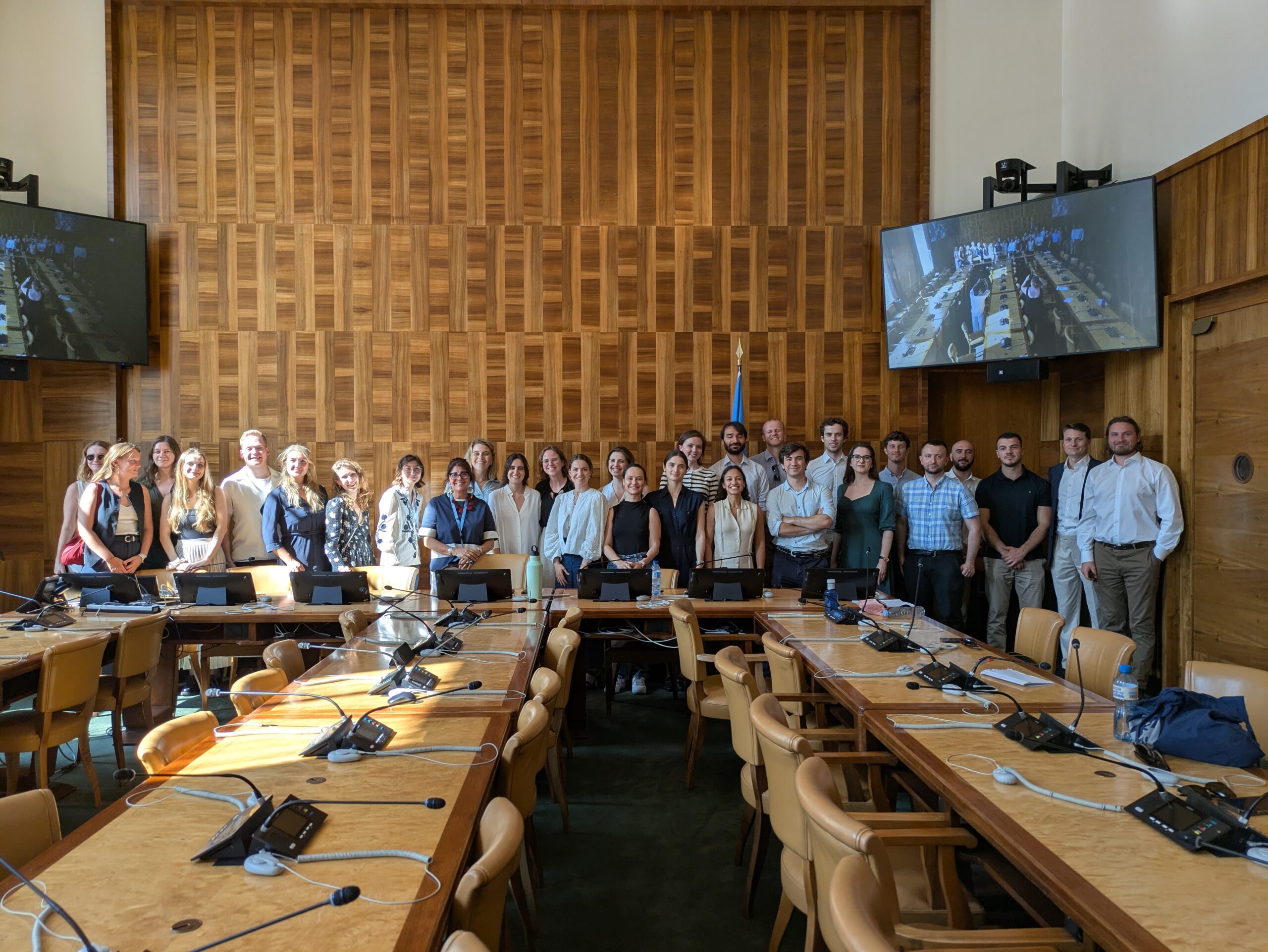 Over the week the Scholars gained important insights into the UN. They met with Magdalena Sepúlveda Carmona, who outlined the core work of UNRISD, which she directs, and heard from Cecilia Cannon (Polisync / IHEID) about various initiatives (past and present) for UN reform. Robert Watkins (IHEID) led the group through a workshop on the principles of humanitarian aid, with the Scholars thinking through applied cases that involved ethical dilemmas.
Over the week the Scholars gained important insights into the UN. They met with Magdalena Sepúlveda Carmona, who outlined the core work of UNRISD, which she directs, and heard from Cecilia Cannon (Polisync / IHEID) about various initiatives (past and present) for UN reform. Robert Watkins (IHEID) led the group through a workshop on the principles of humanitarian aid, with the Scholars thinking through applied cases that involved ethical dilemmas.
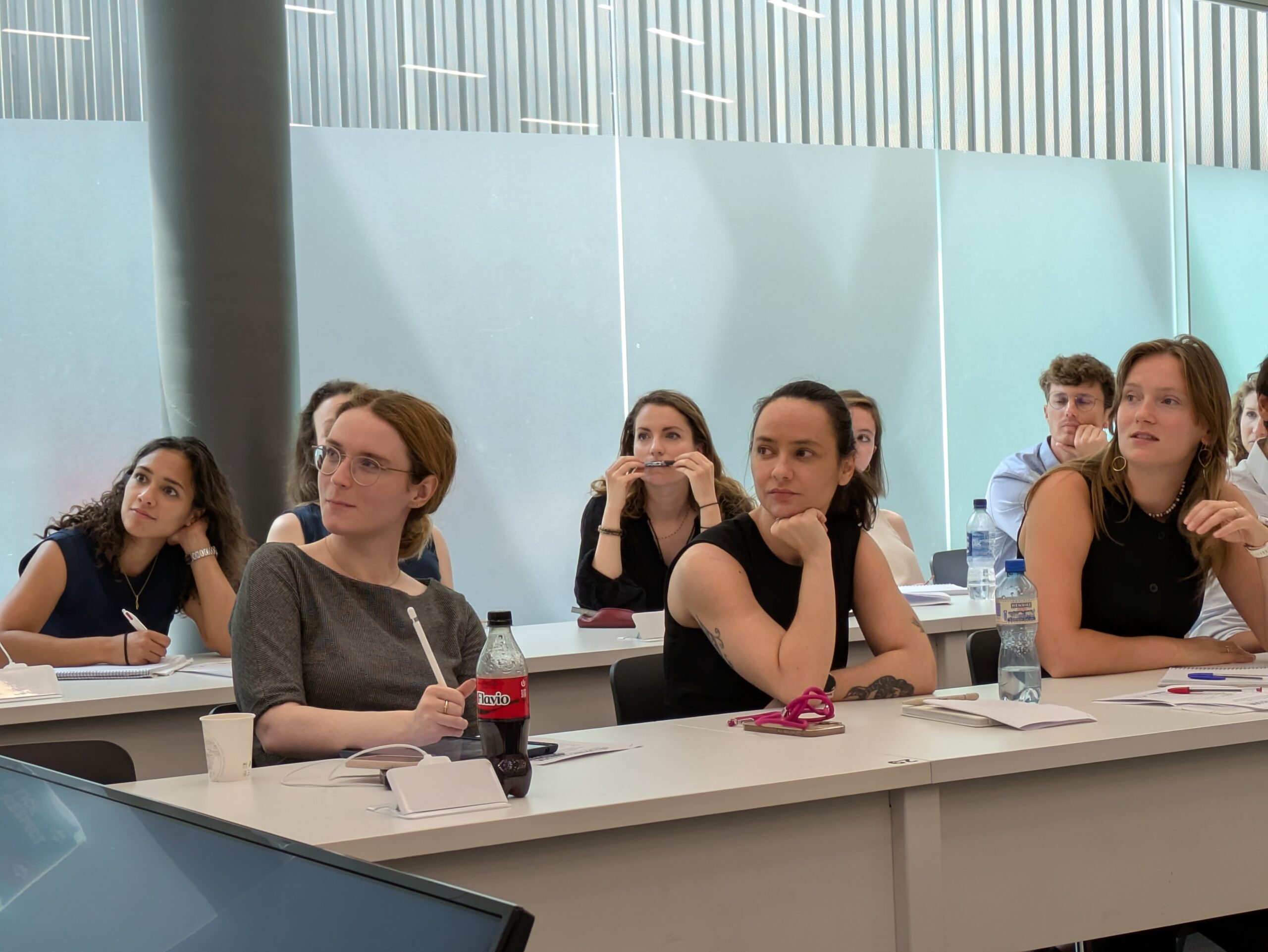 Professional training is one of the key features of the Programme. During our module in Geneva, the Scholars developed their negotiation skills through a training session with the Centre for Political and Diplomatic Studies, including a Conference of Parties simulation. They also worked with Engaging Communications on their media skills, with several Scholars being interviewed on camera and others having practice radio interviews, and all refining how they communicate with public audiences.
Professional training is one of the key features of the Programme. During our module in Geneva, the Scholars developed their negotiation skills through a training session with the Centre for Political and Diplomatic Studies, including a Conference of Parties simulation. They also worked with Engaging Communications on their media skills, with several Scholars being interviewed on camera and others having practice radio interviews, and all refining how they communicate with public audiences.
As always, the Scholars worked hard on their projects. Much of the module was spent drafting the policy briefs that the Scholars will submit in August and refining their policy ideas.
We are grateful to the Graduate Institute for International and Development Studies (IHEID) for hosting the module.

